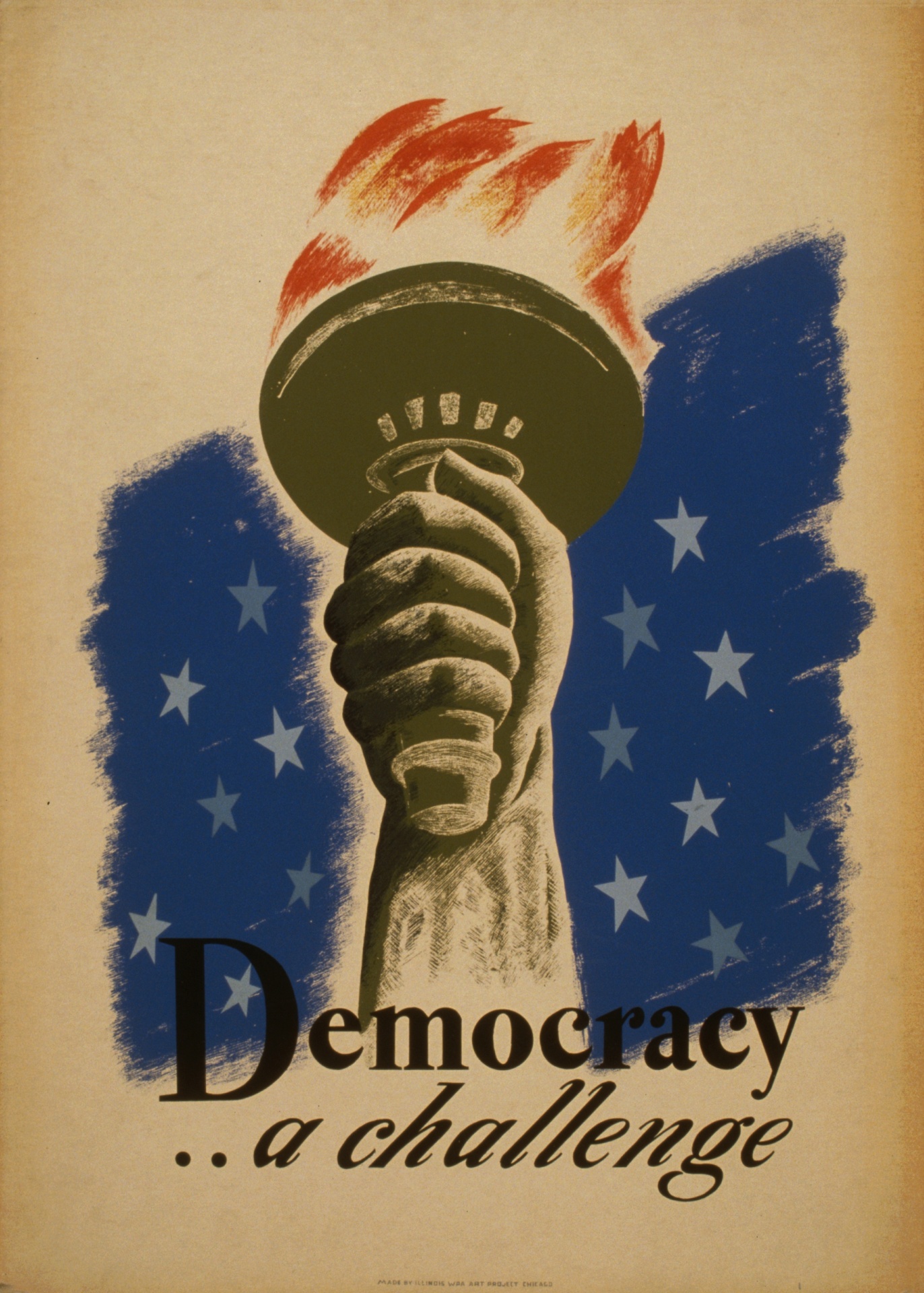Hannah Arendt Center’s 10th Annual Fall Conference: “Crises of Democracy: Thinking in Dark Times”
Where: Bard Graduate Center
38 W. 86th St.
212-501-3023 Price: $75
Buy tickets/get more info now
See other events in these categories:
 We are experiencing a worldwide rebellion against liberal democracy. In Hungary, Russia, Turkey and other countries across Europe, right- and left-wing parties flirt with authoritarian rule. In the United States, President Donald J. Trump channels the voices of the self-described disenfranchised. Representative governments everywhere are shown to be corrupt, inefficient, and undemocratic. The great political achievement of the modern era – stable representative democracy – is everywhere under attack.
We are experiencing a worldwide rebellion against liberal democracy. In Hungary, Russia, Turkey and other countries across Europe, right- and left-wing parties flirt with authoritarian rule. In the United States, President Donald J. Trump channels the voices of the self-described disenfranchised. Representative governments everywhere are shown to be corrupt, inefficient, and undemocratic. The great political achievement of the modern era – stable representative democracy – is everywhere under attack.
Hannah Arendt knew that democracy is tenuous. In 1970 she famously wrote:
“Representative government is in crisis today, partly because it has lost, in the course of time, all institutions that permitted the citizens’ actual participation, and partly because it is now gravely affected by the disease from which the party system suffers: bureaucratization and the two parties’ tendency to represent nobody except the party machines.”
Democracy is weakened when citizens are encouraged to hand over the time-consuming work of self-government to professional politicians. Arendt was continuously critical of representative models of democracy that rely upon experts in place of participation, which is why she rooted the crisis of democracy in the dissipation of public power. The disempowerment of the people in representative democracy embraces a bourgeois preference to pursue individual interests, to be relieved of the duty of politics and public virtue. But as we have seen recently, this separation between citizens and government has only further weakened the principles of liberal, representative democracy.
Today, the authority and power of experts is waning. The elected politicians that represent the traditional institutions of democracy are being replaced by outsiders. The rise of networks with access to infinite information means that the authority of any one source is diminished. Expertise of the press is challenged by online news and social media. The authority of democratic government is undermined by accusations of corruption and bias. And the hypothetical claim of science to truth is diminished by the infinite multiplication of information. In all realms, power has shifted toward the masses of individuals who identify as outsiders. And they are organizing themselves in energetic communities based on eccentric beliefs impervious to wider standards of common sense and truth. In light of these crisis of democracy we are at risk of losing our common liberal pluralist community, a meaningfulness unity amongst real differences.
The crisis facing democratic regimes today is cause for serious concern; it is also an opportunity for deep reflection on questions and assumptions concerning liberal representative democracy. Instead of assuming a defensive posture and taking up arms to defend the status quo, our conference asks: How can we take advantage of this crisis to make democracy stronger?
Our two-day conference will seek to answer the following questions:
- Are we experiencing a crisis of democracy?
- Are we witnessing the rise of authoritarian or fascist governments?
- Does rule by experts and bureaucrats threaten democracy?
- How does the centralization of power contribute to the crisis of democracy?
- Does identity politics threaten or enable pluralist government?
- Does the information explosion render obsolete the authority of democratic institutions?
- What motivates us to take part in democratic processes?
- Is representative democracy an inherently unstable model of government?
Bard College
Olin Hall
445 E. 69th St., New York, NY 10021
Fee: $75
Buy tickets/get more info now